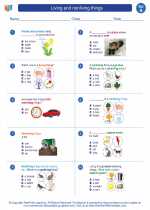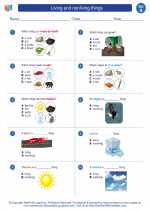Civil Engineering
Civil engineering is a branch of engineering that deals with the design, construction, and maintenance of the physical and naturally built environment, including works like roads, bridges, canals, dams, and buildings. It is one of the oldest engineering disciplines and encompasses many specialized fields including structural engineering, environmental engineering, transportation engineering, and geotechnical engineering.
Key Concepts
- Structural Engineering: Involves the design and analysis of structures such as buildings, bridges, and dams to ensure they can withstand the loads and forces they will experience.
- Environmental Engineering: Focuses on the design of systems and processes to protect the environment and public health, including water and air pollution control, waste management, and environmental sustainability.
- Transportation Engineering: Deals with the planning, design, and operation of transportation systems, including roads, highways, airports, and railways, to ensure efficient and safe movement of people and goods.
- Geotechnical Engineering: Involves the study of soil and rock mechanics to assess the stability of natural slopes and man-made structures, such as embankments, tunnels, and retaining walls.
Study Guide
To understand civil engineering, it is important to grasp the fundamental concepts of statics, dynamics, materials science, and mathematics. Additionally, knowledge of computer-aided design (CAD) software and geographic information systems (GIS) can be beneficial for modern civil engineers. Here are some suggested topics to study:
- Basic principles of statics and dynamics
- Properties and behavior of construction materials, such as concrete and steel
- Mathematics, including calculus and differential equations
- Computer-aided design (CAD) software and its applications in civil engineering
- Geographic information systems (GIS) and their use in spatial analysis and mapping
Understanding these concepts will provide a solid foundation for further exploration of civil engineering and its various sub-disciplines.
.◂Science Worksheets and Study Guides First Grade. Living and nonliving things

 Activity Lesson
Activity Lesson
 Worksheet/Answer key
Worksheet/Answer key
 Worksheet/Answer key
Worksheet/Answer key
 Worksheet/Answer key
Worksheet/Answer key
 Worksheet/Answer key
Worksheet/Answer key
 Vocabulary/Answer key
Vocabulary/Answer key
